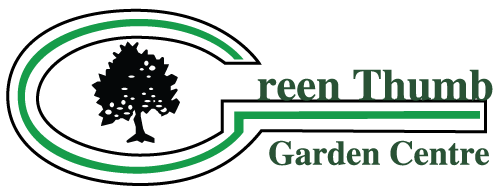Plant Search
Height: 3 feet
Spread: 24 inches
Sunlight:
![]()
![]()
Hardiness Zone: 4a
Other Names: Indian Physic, Porteranthus trifoliatus
Description:
A native, mounded shrub with serrated green leaflets in groups of three; masses of slender, star-shaped white flowers on wiry red stems in spring to early summer; red calyces persist after petal drop; attractive yellow, copper to burgundy fall color
Ornamental Features
Bowman's Root features airy corymbs of white star-shaped flowers with crimson calyces rising above the foliage from late spring to early summer. The flowers are excellent for cutting. Its attractive serrated pointy compound leaves are olive green in colour. As an added bonus, the foliage turns gorgeous shades of yellow, coppery-bronze and burgundy in the fall. The dark red stems can be quite attractive.
Landscape Attributes
Bowman's Root is a dense herbaceous perennial with a mounded form. Its medium texture blends into the garden, but can always be balanced by a couple of finer or coarser plants for an effective composition.
This plant will require occasional maintenance and upkeep, and should be cut back in late fall in preparation for winter. It is a good choice for attracting bees and butterflies to your yard. It has no significant negative characteristics.
Bowman's Root is recommended for the following landscape applications;
- Mass Planting
- General Garden Use
- Groundcover
- Naturalizing And Woodland Gardens
Planting & Growing
Bowman's Root will grow to be about 30 inches tall at maturity, with a spread of 24 inches. Its foliage tends to remain dense right to the ground, not requiring facer plants in front. It grows at a medium rate, and under ideal conditions can be expected to live for approximately 10 years. As an herbaceous perennial, this plant will usually die back to the crown each winter, and will regrow from the base each spring. Be careful not to disturb the crown in late winter when it may not be readily seen!
This plant does best in full sun to partial shade. It prefers to grow in average to moist conditions, and shouldn't be allowed to dry out. It is not particular as to soil type or pH. It is somewhat tolerant of urban pollution. This species is native to parts of North America. It can be propagated by division.










